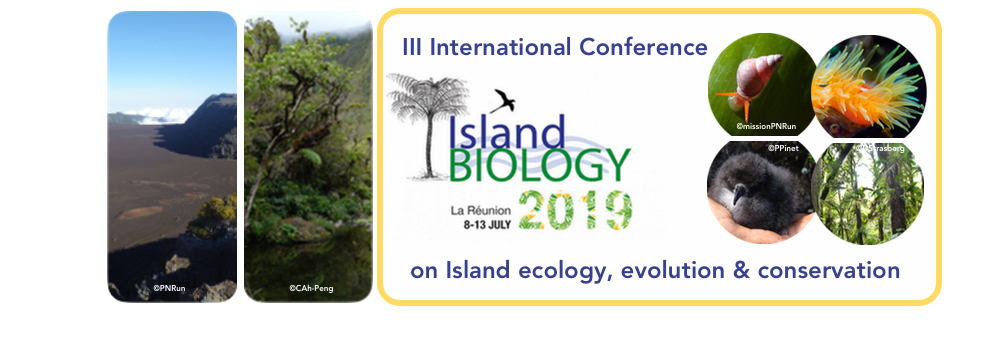Oceanic islands harbour a spectacular diversity and unique species composition, thus being major contributors to global plant biodiversity. This uniqueness is mainly a result of endemic plant species that have evolved in-situ, often in the absence of mammal herbivores. However, island endemism is under severe threat by introduced herbivores, especially generalist herbivores such as the European rabbit (Oryctolagus cuniculus). The European rabbit has been introduced to a large number of islands around the world, where it has been recognized as a major threat to island plant species and island ecosystems. We test the long-standing assumption that endemic species are particularly vulnerable to generalist introduced herbivores (European rabbit) using an unprecedented dataset covering an entire island (n = 210) with enormous topographic, climatic and biological diversity (Tenerife, Canary Islands). We find that, with increasing endemism, plant species are more heavily browsed by rabbits than non-endemic species with up to 67% of endemics being negatively impacted by browsing. This indicates a dramatic lack of adaptation to mammal herbivory in endemics, making endemics much more palatable to introduced generalist herbivores than native non-endemic or non-native plant species. Further, ecosystems with a high percent endemism are most heavily browsed, suggesting ecosystems-specific vulnerability to introduced herbivores, even within islands. Interestingly, rabbit density is a poor predictor of browsing damage, illustrating that ecosystems-specific density-damage relationships exist. Thus, conservation initiative should consider applying ecosystem-specific rabbit densities as basis for management efforts. To protect global biodiversity offered by disproportionally high endemism on oceanic islands ecosystem-specific herbivore control and eradication measures are of highest priority.
- Picture

 PDF version
PDF version

